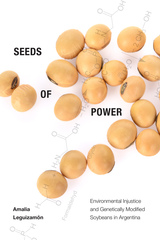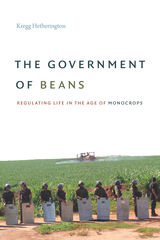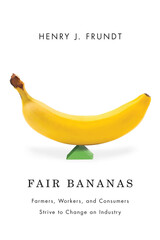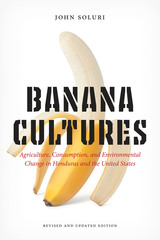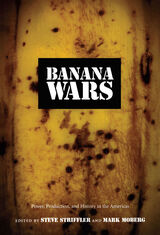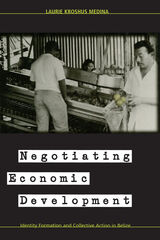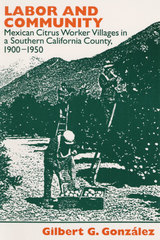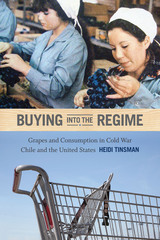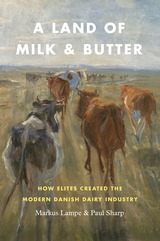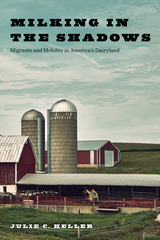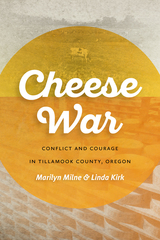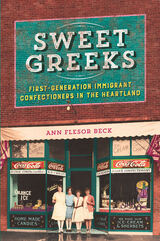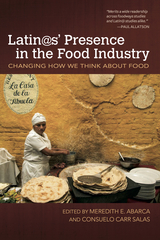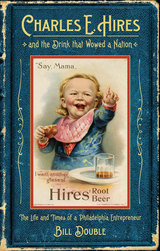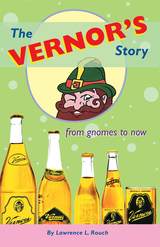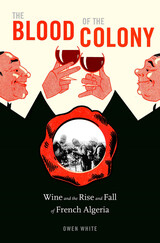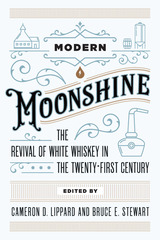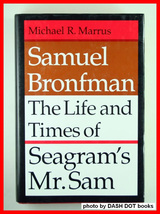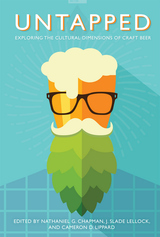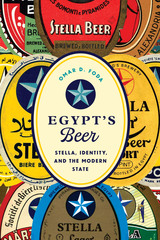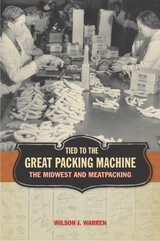Cloth: 978-0-674-50340-3
Library of Congress Classification HD9330.S653J319 1983
Dewey Decimal Classification 338.766454
Kikkoman is the oldest and one of the most profitable among Japan's industrial giants, and its three hundred-year history is a lesson in successful adaptation to the complex, competitive international business arena. Mark Fruin places Kikkoman—producers of the best known and most widely used soy sauce products in the world—in the social and economic context of modern Japan.
The Kikkoman Corporation, the Mogi–Takanishi families that control it, and the city of Noda are three inseparable entities—company, clan, and community. Using a variety of sources along with the voluminous Kikkoman archives, Fruin reveals the institutional, social, and ideological bonds that affected the growth of all three. Kikkoman's metamorphosis from a traditional small family business into a modern corporation introduced new mass-production technologies, new legal and financial forms, new management methods, and the recruitment of a much larger labor force. How Kikkoman grew and prospered not only helps to explain the “miracle” of Japanese recovery after World War II, but also why this small underdeveloped nation became a dynamic industrial power in less than a century.
See other books on: Business & Economics | Clan | Community | Company | Economics
See other titles from Harvard University Press

